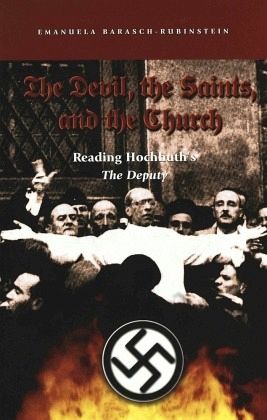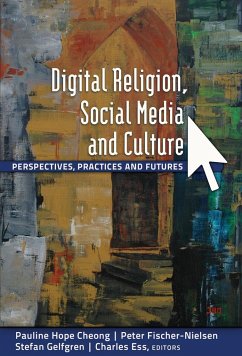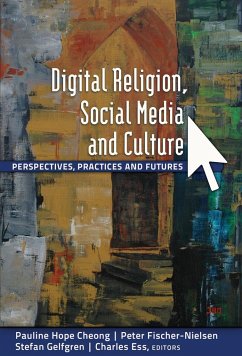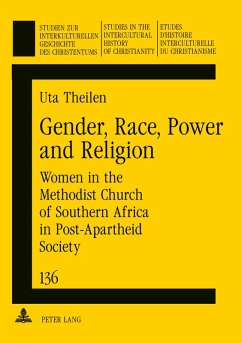
The Devil, the Saints, and the Church
Reading Hochhuth's "The Deputy
Versandkostenfrei!
Versandfertig in 6-10 Tagen
76,00 €
inkl. MwSt.

PAYBACK Punkte
0 °P sammeln!
Rolf Hochhuth's The Deputy, a play written and staged almost two decades after the end of World War II, asks why Pope Pius XII avoided a public condemnation of the Nazi regime and the mass murder. In this book, Emanuela Barasch-Rubinstein explores the explicit and implicit religious motifs in Hochhuth's The Deputy. She discusses the various aspects of the devil acting in the concentration camp, the two figures of the saints - one Catholic, the other Protestant - and the ecumenical practical and theoretical arguments. The author's detailed analysis of Hochhuth's play reveals a modern attempt to...
Rolf Hochhuth's The Deputy, a play written and staged almost two decades after the end of World War II, asks why Pope Pius XII avoided a public condemnation of the Nazi regime and the mass murder. In this book, Emanuela Barasch-Rubinstein explores the explicit and implicit religious motifs in Hochhuth's The Deputy. She discusses the various aspects of the devil acting in the concentration camp, the two figures of the saints - one Catholic, the other Protestant - and the ecumenical practical and theoretical arguments. The author's detailed analysis of Hochhuth's play reveals a modern attempt to revive religious traditions of the past, according to which historical events are interpreted as manifestations of transcendent beings. The concentration camp is the kingdom of evil, and the pope's silence is God's failure in his ancient battle with the devil.












